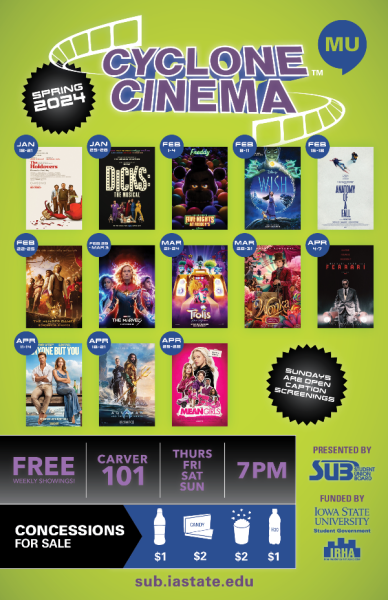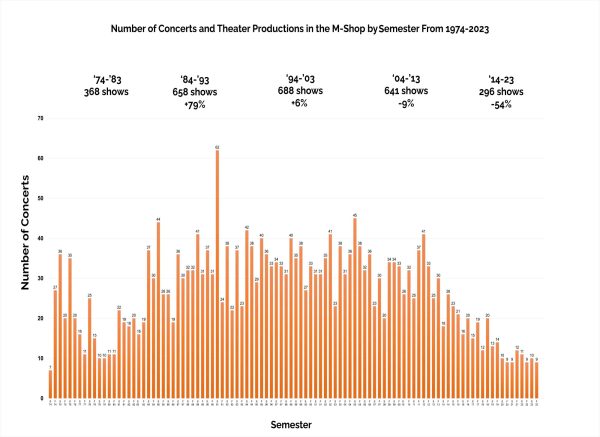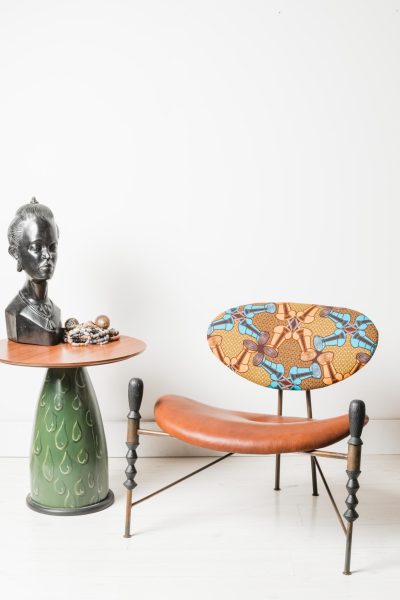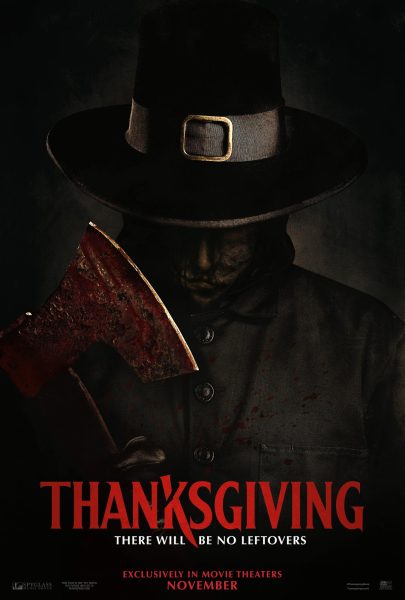What to Wear to a Career Fair
Richard Martinez/Iowa State Daily
Hundreds of students gathered at the Scheman Building to meet potential employers at the Engineering Career Fair on Tuesday. ISU students were able to connect with representatives from national and local businesses like John Deere and DuPont.
August 10, 2017
Be prepared before you arrive
Mike Gaul, director of career placement in the College of Agriculture and Life Sciences, told his students never to go to a career fair underdressed. He said he would rather see his students “show up looking too professional” than not.
Don’t be afraid of being too dressed up for things like career fairs and interviews.
Taren Crow, director or career services in the College of Liberal Arts and Sciences, said “business casual to business professional” means:
– dress pants
– business skirts that are passed the knee and not tight-fitting
– button-down shirts
– suit jackets or blazers
– clean dress shoes that are comfortable for walking
Additionally, students should dress in conservative colors — grays, blacks and blues.
Keep in mind that there are stairs and a lot of walking at career fairs, and if something doesn’t fit right, students won’t feel comfortable.
Tiffany Atilano, College of Design career services director, said wearing a suit to a career fair or interview is always a good decision.
First- or second-year students can wear khakis or dress pants with a button-down shirt and jacket or sweater overtop if they don’t own a suit.
“Dress up your outfit by adding a little spice of color to your tie or blouse,” Gaul said. “But don’t distract from your goal, because your goal of success is the most important.”
Ask for help before the event
“I always encourage students to come in and talk to us if they don’t know what to wear or if they are having any trouble getting their hands on clothing that is appropriate,” Crow said.
Crow also said she is open to students emailing her pictures of their career-fair outfits to get her input.
No exceptions for any major
Gaul explained that the agriculture and life sciences industries are very conservative in nature to begin with. Students who become employees in some of the industries might work in jeans.
“It is important to teach our students now that they should dress for success because they don’t know down the road what their job will require them to wear,” Gaul said. “They could have to be in a suit or long skirt every day or it could be business casual.”
Despite the flexibility and variation in the workplace, when it comes to apparel for a career fair, Atilano said, “No matter what … dress up and dress professionally.” READ BY JILL

















